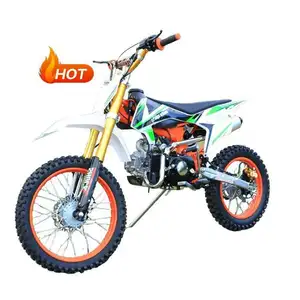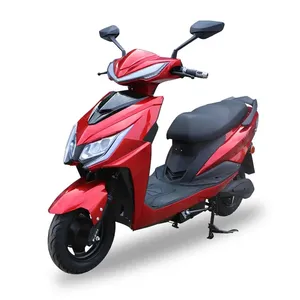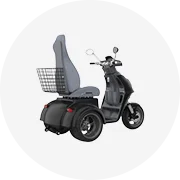Phổ biến trong ngành của bạn






Ce chứng nhận quang autorefractor xách tay tự động khúc xạ keratometer ARK-4000 để bán
1.399,00 US$ - 1.650,00 US$
Đơn hàng tối thiểu: 1 Cái
Vận chuyển mỗi chiếc: 84,70 US$







Nhãn khoa thiết bị Hot bán tự động Ref/keratometer ARK-4000 RK-160 tự động khúc xạ khúc xạ khúc xạ keratometry
1.400,00 US$ - 1.500,00 US$
Đơn hàng tối thiểu: 1 Bộ







Thiết Bị Đo Khúc Xạ Brix Mật Ong Kỹ Thuật Số Đường Khúc Xạ Kế Bỏ Túi Mật Ong Nuôi Ong Cụ Thể 0-32% Brix
4,70 US$ - 5,30 US$
Đơn hàng tối thiểu: 1 Cái
Vận chuyển mỗi chiếc: 7,84 US$







KR-9600 Khúc Xạ Kế Tự Động Giá Thấp Chất Lượng Tốt Nhất Khúc Xạ Kế
2.150,00 US$
Đơn hàng tối thiểu: 1 Bộ







VS-800B tự động khúc xạ với keratometer xách tay tự động khúc xạ tầm nhìn screener
650,00 US$ - 765,00 US$
Đơn hàng tối thiểu: 1 Đơn vị
Vận chuyển mỗi chiếc: 31,71 US$







Nhà Cung Cấp Trung Quốc Và Giá Rẻ Nhất Tự Động Khúc Xạ Kế RMK-200 Mật Ong Khúc Xạ Kế
2.600,00 US$
Đơn hàng tối thiểu: 1 Cái




Rmk-200 Khúc Xạ Kế Tự Động Giá Thấp Cho Dụng Cụ Mắt
Sẵn sàng vận chuyển
2.800,00 US$
Đơn hàng tối thiểu: 1 Bộ



Khúc Xạ Kế Tự Động Chất Lượng Cao Của Trung Quốc Rmk-200 Đo Keratom Phòng Khám Cửa Hàng Quang Học
1.500,00 US$ - 2.000,00 US$
Đơn hàng tối thiểu: 1 Bộ






Trung Quốc Chất Lượng Tốt Optometry Cụ Nhãn Khoa Auto Khúc Xạ Kế Keratometer RMK-200 CE Phê Duyệt
2.850,00 US$
Đơn hàng tối thiểu: 1 Cái
17 yrsNhà cung cấp

Thiết Bị Đo Thị Lực RMK-200 Khúc Xạ Kế Tự Động
Sẵn sàng vận chuyển
2.790,00 US$ - 2.990,00 US$
Đơn hàng tối thiểu: 1 Bộ
Vận chuyển mỗi chiếc: 119,70 US$






Dụng Cụ Quang Học RMK-200 Hàn Quốc Khúc Xạ Kế Tự Động Với Keratometer
2.600,00 US$
Đơn hàng tối thiểu: 1 Cái
Các danh mục hàng đầu
Giới thiệu về khúc xạ 200 rmk
Alibaba.com cung cấp các sản phẩm 24 khúc xạ 200 rmk. Có rất nhiều khúc xạ 200 rmk lựa chọn dành cho bạn, chẳng hạn như trắng.




















